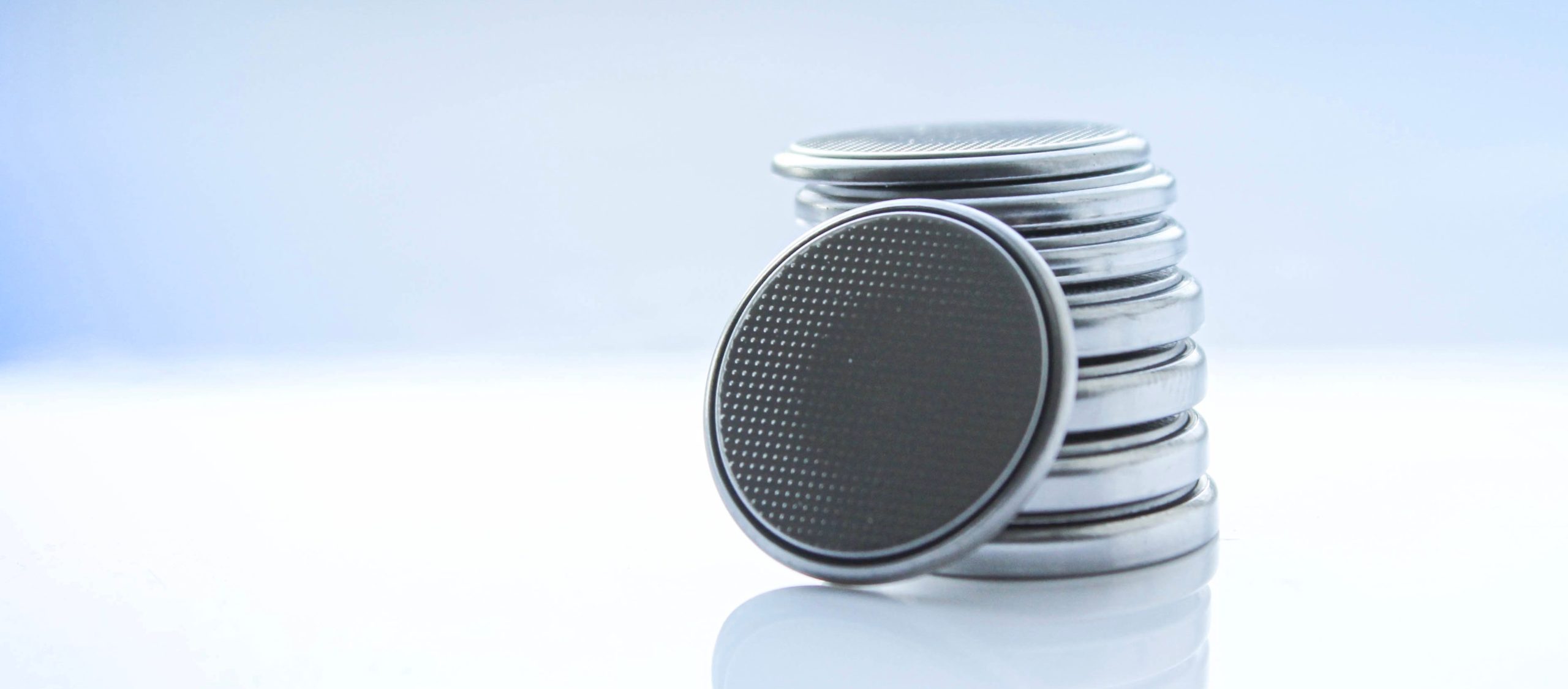Children, especially babies and toddlers, are driven by curiosity. The urge to touch, explore, and even taste the world around them can sometimes have devastating consequences.
Button batteries, which are in so many everyday objects, are not just a choking risk. When swallowed, they can become stuck in the esophagus or intestines and slowly leak alkaline electrolytes. This creates burns which can cause long term damage and sometimes even lead to death. The larger the button battery, the greater the risk of it getting stuck.
The National Capital Poison Center states that more than 3,500 people swallow button batteries every year. Here at Cincinnati Children’s, we have seen an upswing in button battery ingestions this year.
Since button batteries are used frequently in daily life, adults need to understand the potential risk of ingestion, how to keep kids safe, and what to do if they suspect a child has swallowed a button battery.
Items Containing Button Batteries
Button batteries power many common household items including children’s toys, games, and light-up books. Car keys, remote controls, or other electronic devices may also use button batteries. Hearing aids frequently require button batteries, so it is extra important that anyone using such a device understands the risk to children.
Lately, some children are even learning about circuits using button batteries. Please inspect all crafts and science projects coming into your home!
Steps To Prevent Young Kids From Swallowing Them
- Limit the purchase of non-essential items requiring button batteries
- Keep batteries stored in their package and in a locked cupboard or drawer
- Talk to your family about the dangers of button batteries. Older children, grandparents, neighbors, and aunts and uncles may not be aware of the risk. It’s never too early to teach children that only food should be put in the mouth!
What To Do If Your Child Swallows A Button Battery
- If you witness your child ingest a button battery, immediately go to the nearest emergency room. A pediatric emergency center is preferred for young children. A button battery stuck in the esophagus is a medical emergency!
- Consider giving your child (>1 years) honey on the way to the emergency room. Giving 2 teaspoons of honey every 10 minutes on the way to the hospital can help reduce the risk of a severe burn in the esophagus.
- If you suspect button battery ingestion, but are unsure, proceed to the nearest emergency room immediately for X-rays. Signs of a lodged battery may include excessive drooling, coughing, sputtering, or a sudden change in eating habits. Button batteries are easily visible by X-ray. Delay in recognition of a button battery ingestion can lead to further injury.
We have a lot more work to do to spread awareness. 3,500 injuries a year is 3,500 too many. Please join me in this effort by sharing this post and spreading awareness about the dangers. With a little extra precaution, injuries from button batteries can be prevented.
Read how one mother is spreading awareness about this issue after her young son swallowed a button battery – Life After Swallowing a Button Battery.
If you have any questions about the dangers of button batteries, please call your Poison Control Center at 1-800-222-1222.



Hearing aid batteries are much smaller than button batteries so not likely to be lodged in throat. Can you share the signs to watch for in case of accidental ingestion?